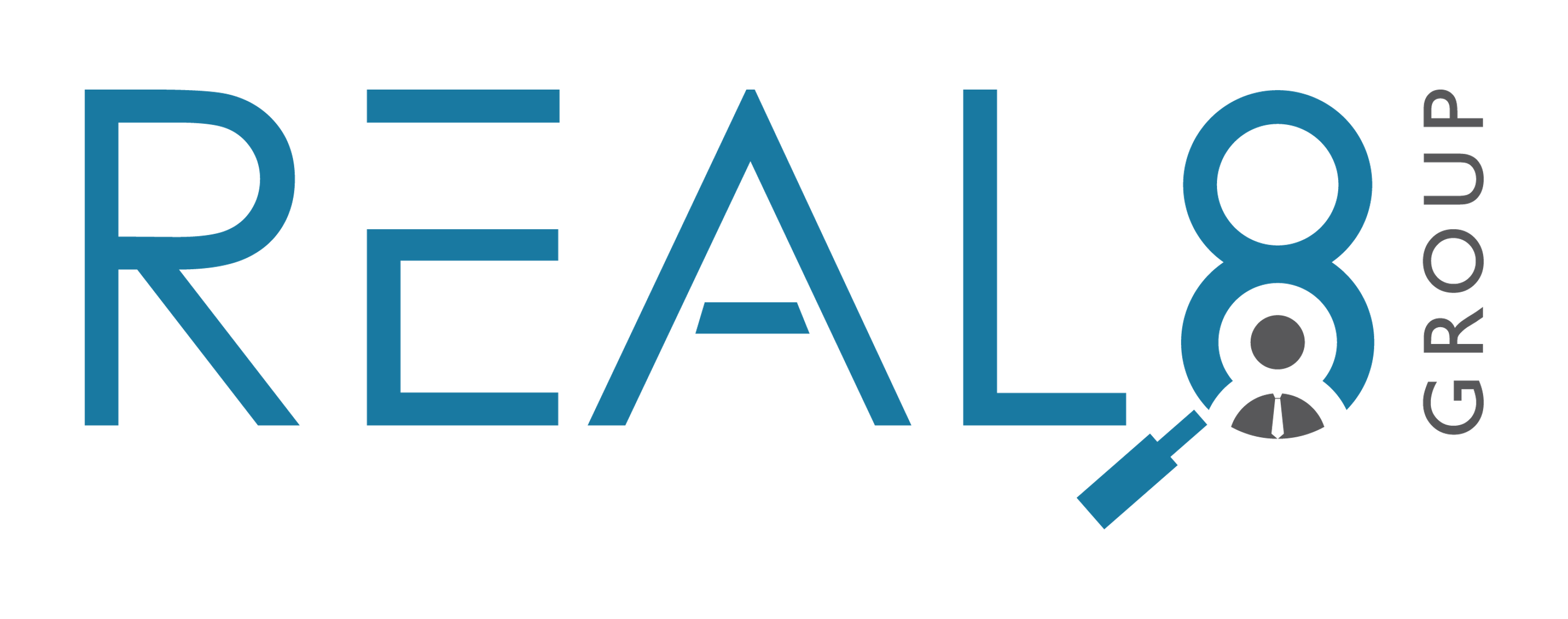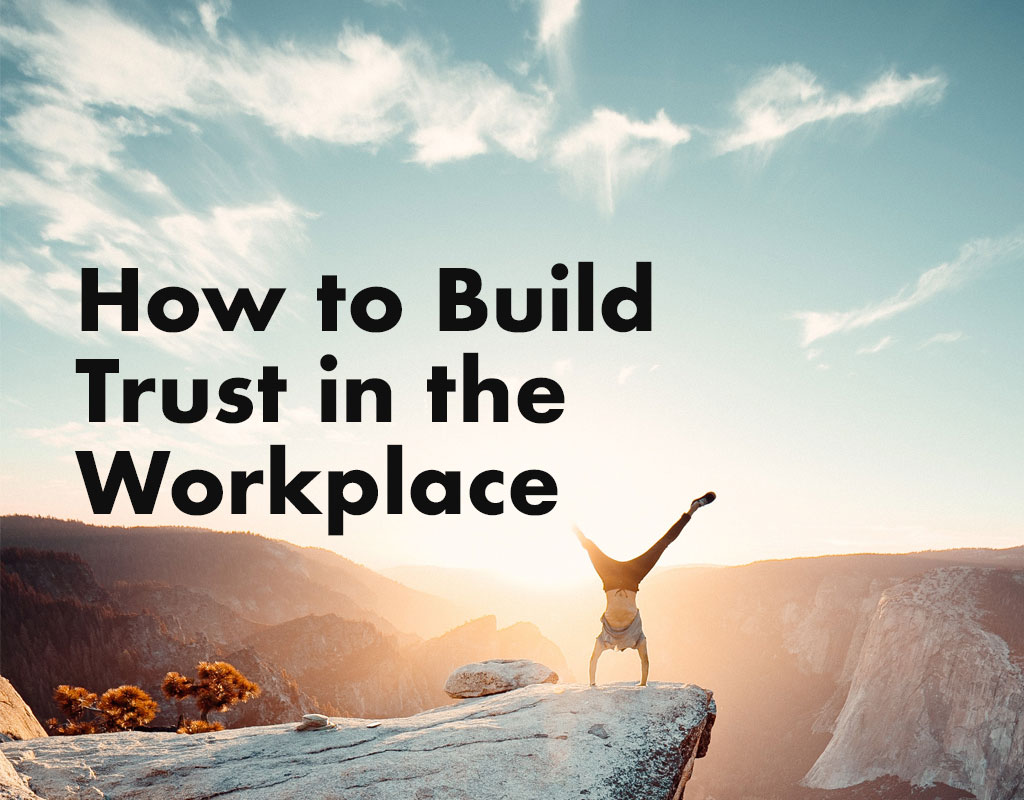Building Trust in Your Workplace
In his book “The Speed of Trust: The One Thing That Changes Everything,” Stephen M.R. Covey stresses the importance of trust in every aspect of life: “There is one thing that is common to every individual, relationship, team, family, organization, nation, economy, and civilization throughout the world — one thing which, if removed, will destroy the most powerful government, the most successful business, the most thriving economy, the most influential leadership, the greatest friendship, the strongest character, the deepest love. On the other hand, if developed and leveraged, that one thing has the potential to create unparalleled success and prosperity in every dimension of life. Yet, it is the least understood, most neglected, and most underestimated possibility of our time. That one thing is trust.”
If Covey is correct that trust is often misunderstood, neglected, and underestimated, it makes sense that building trust in your workplace can create a competitive advantage. Try these strategies for building trust with employees.
1. Demonstrate your competence
You may wonder what competence has to do with trust, but you’ll see it is absolutely essential. Covey says trust boils down to two elements: competence and character. Competence is a person’s ability to do a job. In the workplace, an incompetent person doesn’t have the trust of others because that person is unable to do what they say they’re going to do.
Character is the other element of trust. People of character do what they say they will do. In order for a colleague to trust you, you need the competence to do what you say you will do and good character to actually do it.
Demonstrating your competence takes care of the first element of trust. You don’t have to be showy about it. When you do your job well, word gets around. The remaining strategies on building trust in your workplace focus on your character ….
2. Speak and act honestly
People have a good radar for dishonesty. Even if you get away with a lie in the short-term, it tends to come back to bite you. There’s no quicker way to lose trust than to lie or act dishonestly. People no longer believe in your goodwill and therefore no longer trust you. Protect your reputation and the trust you’ve built up by speaking and acting honestly.
3. Behave consistently
Although consistency and fairness aren’t equivalents, they’re very close. Consistency shows you treat similar situations similarly, and most of the time, that is the fair thing to do.
Consistent behavior is especially important for organizational leaders. Employees like to know what to expect from their leaders. Even if the marketplace is unpredictable, knowing leaders will respond to market forces consistently puts employees at ease. When that consistent behavior is competently executed, leaders gain and sustain their followers’ trust.
Another facet to consistent behavior is to act in alignment with company values. For example, you should be generous in approving vacation leave requests if your company values work-life balance. A company’s values don’t change from day to day. A leader who squares his or her behavior with company values behaves consistently.
4. Be transparent in your decision making
Shedding light on your thought processes when making decisions builds trust. People gain an understanding of how you think and therefore get to know you better. The better you know someone, the easier it is to trust that person. Allow your employees to get to know you in this way.
Go the extra mile by encouraging input into your decisions. As a formal organizational leader, you are ultimately responsible for what happens within your scope of responsibility. However, that doesn’t mean you have to make decisions on your own. In fact, you should go it alone as little as possible. Gather input from your staff, peers, and boss. Take that input seriously, and follow up with people when you go in the opposite direction of what they recommend. This is how to build trust within a team.
Give your company an edge with trust
A workplace where colleagues trust one another moves faster than distrustful organizations. Give your company an edge with trust. You will be able to seize opportunities more quickly than your competitors, and you’ll have an office where people enjoy interacting with one another.



